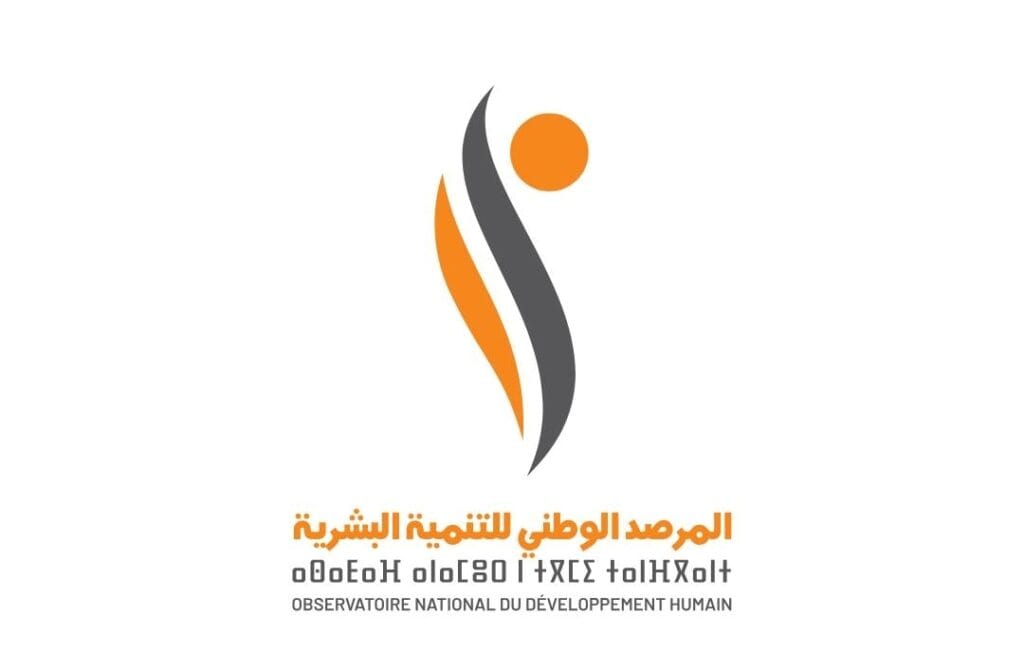According to a statement from the ONDH, the aim of this first survey is to observe the effects induced by the implementation of this Program on the beneficiaries by evaluating the experience of citizen-users in their interactions with the support program and collecting their opinions on the quality of services provided to them in this context.
The survey focused on assessing the satisfaction of beneficiaries, evaluating the accessibility and equity of the Program, examining its operational effectiveness, analyzing its economic and social effects, and gathering feedback from beneficiaries to identify areas for improvement in the Program.
The main results of this survey reveal a high overall satisfaction level with the support received (87.46%). The management of the application process for registration is considered transparent by the majority of the household heads surveyed (95%).
Similarly, information about the Program is deemed clear and understandable (39.72% “very clear and easy to understand” and 53.43% “clear to some extent”).
The Direct Social Assistance Program has also had a largely positive impact on several key dimensions of the well-being of beneficiary households. This includes improvements in living standards (89.2%, of which 31% significantly), strengthening food security (92%, of which 28% markedly), and support for schooling (82%).
The Program is considered fair by a majority of respondents (90.4%). However, the ease of registration remains a weak point, as only 5% find it “simple,” and 67% consider it to be of “medium” complexity.
Thus, the majority of households sought external assistance to complete their electronic registration on the Program’s platform. Eligibility criteria are perceived as clear by more than two-thirds of beneficiaries (67%), regardless of gender or place of residence.
The ONDH conducted an international benchmark comparing the PASD with similar programs in Brazil, Mexico, Indonesia, and South Africa.
The international benchmark highlights that the PASD is a generally high-performing Program appreciated by beneficiaries, with results comparable to benchmark programs on many criteria (satisfaction, targeting, regularity, trust).
It also confirms the crucial role of the PASD in improving the living conditions of vulnerable households in Morocco, while highlighting some gaps compared to best practices.
Thus, the satisfaction of PASD beneficiaries (~88%) is slightly lower than that of Bolsa Família (Brazil), which is known for its exceptional satisfaction (~95%), and close to the South African Child Support Grant (~90%). However, the PASD surpasses Prospera (Mexico), where satisfaction levels reach around 75–80%, and Keluarga Harapan (Indonesia), which shows moderate satisfaction feedback.
At the same time, the ONDH has developed a National Social Satisfaction Index (INSS) aimed at measuring user satisfaction regarding the services of assistance programs.
For the PASD, this index is estimated at 71 (out of 100 points). This score reflects the overall satisfaction of Program beneficiaries, measured across five dimensions: accessibility, impact, opportunity, relevance, and transparency.
The analysis of the results highlights that the five dimensions of the INSS do not all carry the same weight in overall satisfaction. To improve the INSS, priority should be given to accessibility, while simultaneously consolidating perceived impact and transparency, while maintaining good performance on the relevance of assistance and service punctuality.
In conclusion, the Program enjoys a high level of satisfaction among populations that have benefited from assistance. They believe that the Program has been designed to meet the expectations of the population in harmony with the spirit of national solidarity that characterizes the country. The goal is to help needy households meet their essential needs.
The survey highlights substantial advances in improving the living conditions of beneficiary households. The efforts made to diversify geographical coverage and optimize communication channels have facilitated a more effective dissemination of information, thus reaching a broader and more diverse population.
This improvement is corroborated by a strengthened perception of the relevance and transparency of targeting, indicating a better alignment of eligibility criteria and beneficiary selection with their specific needs.
However, certain aspects of the Program still require adjustments. The survey reveals shortcomings in managing relationships with beneficiaries, particularly regarding the reception and treatment by Program agents.
Continuing efforts for continuous improvement are likely to adequately respond to the expectations of vulnerable populations and maximize the effects of the PASD. This includes adapting implementation processes and operational strategies to ensure better alignment with the specific needs of beneficiaries and increasing the overall effectiveness of the Program.
The satisfaction survey also yielded a set of recommendations regarding:
– The development of a local social assistance mechanism to better communicate about the Program, and the involvement of local intermediaries in the territories to reach populations in remote peripheral areas;
– Strengthening the civic engagement of local associations in innovating mechanisms to facilitate access to the Program’s digital services.
– Launching skills development or economic empowerment programs to enhance the Program’s capacity to produce long-term results in human development.
– Strengthening the integration of social state programs by developing a unified framework to harmonize the PASD with other social programs such as AMO-TADAMON, to reduce overlaps and ensure comprehensive coverage.
– Regularly updating eligibility criteria to reflect real-time changes in the living conditions of households.
– Establishing a national monitoring and evaluation system for the Program and developing an action-research program on the impact evaluation of social assistance.
– Improving citizen participation in the territorial governance system of the Program to ensure better social ownership.
MAP


